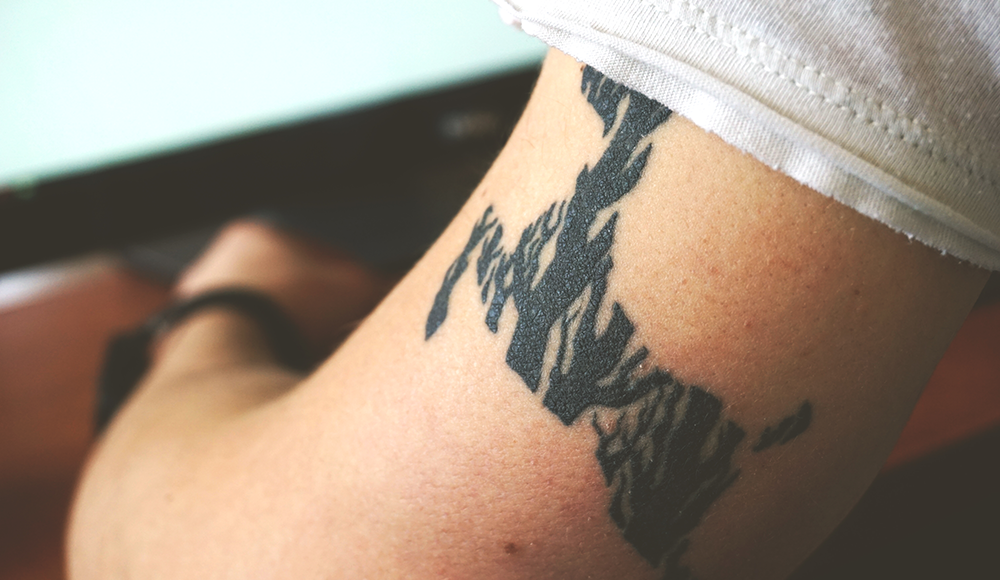Your Social Media Tattoo: What You Post Can Affect Your Job Prospects

Have you ever considered getting a tattoo or had a child ask about getting one? If so, you know it can be a tough decision.
Getting a tattoo is a very personal choice. Tattoos are permanent. They often have personal meanings that tie back to one’s beliefs or experiences. They can be socially controversial, and you have to think carefully about where you will place the tattoo.
I was recently asked about social media during a radio interview. How should we use it? What should we post online, and what should we keep to ourselves?
You may be wondering where I’m going with this line of thought. Let me put it this way: I think posting on social media is a lot like getting a tattoo.
What we share on social media is a difficult and personal personal matter. There’s no one-size-fits-all set of rules. On one hand, with all of important political issues in the news, you may feel compelled to speak out. On the other, you may be hesitant to make waves.
Whatever you decide to share, one thing is for sure: What you post on the internet is permanent, just like a tattoo.
Sometimes, the things we write don’t seem permanent. Your online presence appears to be in your control. You can delete anything you add to the internet, right?
Don’t be fooled. Your social media posts can persist even after you’ve deleted them.
For example, there’s a website called the Wayback Machine that archives web content. Users can see old versions of webpages dating back years and years. It doesn’t copy every piece of content ever, but you may be surprised by what you can find. It’s not particularly likely that the Wayback Machine has your Facebook page archived, but if you run a blog or personal website, old version might be available on the site.
And don’t forget that people can always print your posts out or save screenshots of them without you knowing.
Does this mean you should stop tweeting? No, but it does mean you should think carefully about what you want your online reputation to be. You want to be conscious of your personal brand on the web and how every post you make affects it.
This is especially true if you’re looking for a new job. Employers will no longer accept your resume at face value. They’ll go to Google and search for your name. They will look at all of the content that pops up — and they will judge you based on that content. This is just a normal part of the hiring process now.
Ultimately, what you choose to share is up to you. Just remember that the content you share online is an internet tattoo that can stay with you for the rest of your life.
A version of this article originally appeared on Copeland Coaching.
Angela Copeland is a career coach and CEO at her firm, Copeland Coaching.

